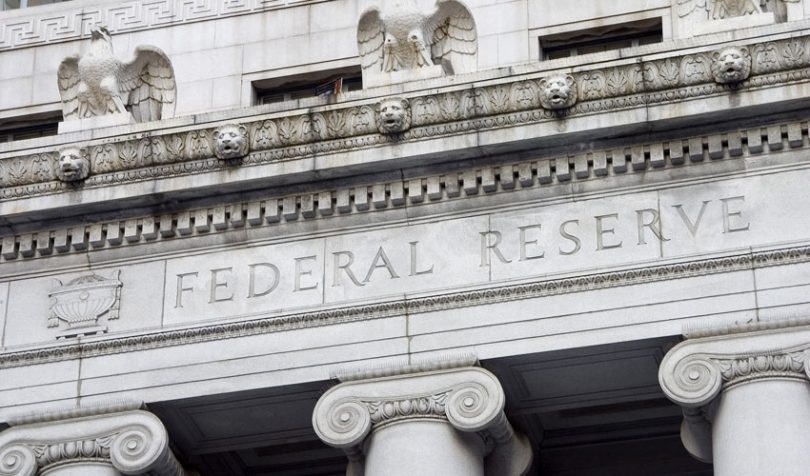Yesterday the U.S. Federal Reserve Board announced that Federal Reserve Banks will develop a 24/7 real-time payment and settlement system called FedNow. But the launch date will be in 2023 or 2024. At last week’s Senate Banking Committee hearing about the regulation of digital assets, a significant proportion of time was spent addressing how to help the unbanked and underbanked.
At the hearings, Professor Baradaran from the Irvine School of Law was a vocal proponent of a real-time system to address the needs of the underbanked. She argued that this approach meets their needs better compared to digital assets. And the lack of such a real-time system means paychecks take too long to clear, resulting in overdrafts and a greater need for payday loans.
Senator Brown, the ranking Democrat member on the Committee on Banking, Housing, and Urban Affairs, has also backed a bill introduced by the Democrats to try to encourage the Federal Reserve down the path.
Fed announcement
The Democrat move appears to have been successful, though the Federal Reserve has been exploring the path for some time. In 2018 the Fed canvassed for comments, and 90% of respondents were supportive. It’s now requesting feedback about the design of the service to address the “full set of payment system stakeholders”.
The Fed also announced plans to extend the operating hours for Fedwire Funds Service and the National Settlement Service to 24x7x365. This is to facilitate liquidity management and support a broad range of payment activities.
“Everyone deserves the same ability to make and receive payments immediately and securely, and every bank deserves the same opportunity to offer that service to its community,” said Federal Reserve Board Governor Lael Brainard. “FedNow will permit banks of every size in every community across the country to provide real-time payments to their customers.”
Impact on digital asset legislation
One of the drivers behind digital asset legislation is to fulfil a social good by helping the underbanked. This is also one of Facebook’s arguments for its Libra project.
Focusing on U.S. citizens, the real-time payment system will help significantly and hence could reduce the urgency of creating greater certainty for cryptocurrency projects. However, the Fed real-time system is four to five years away, by which time the digital asset landscape will have moved on significantly. So legislation may still be required in the interim.
And helping the underbanked is only one driver behind potential digital asset legislation. The other key one is the lack of regulatory certainty, which is driving digital asset businesses offshore. And with that move, there’s the resultant loss of economic opportunity and benefit to the United States.






